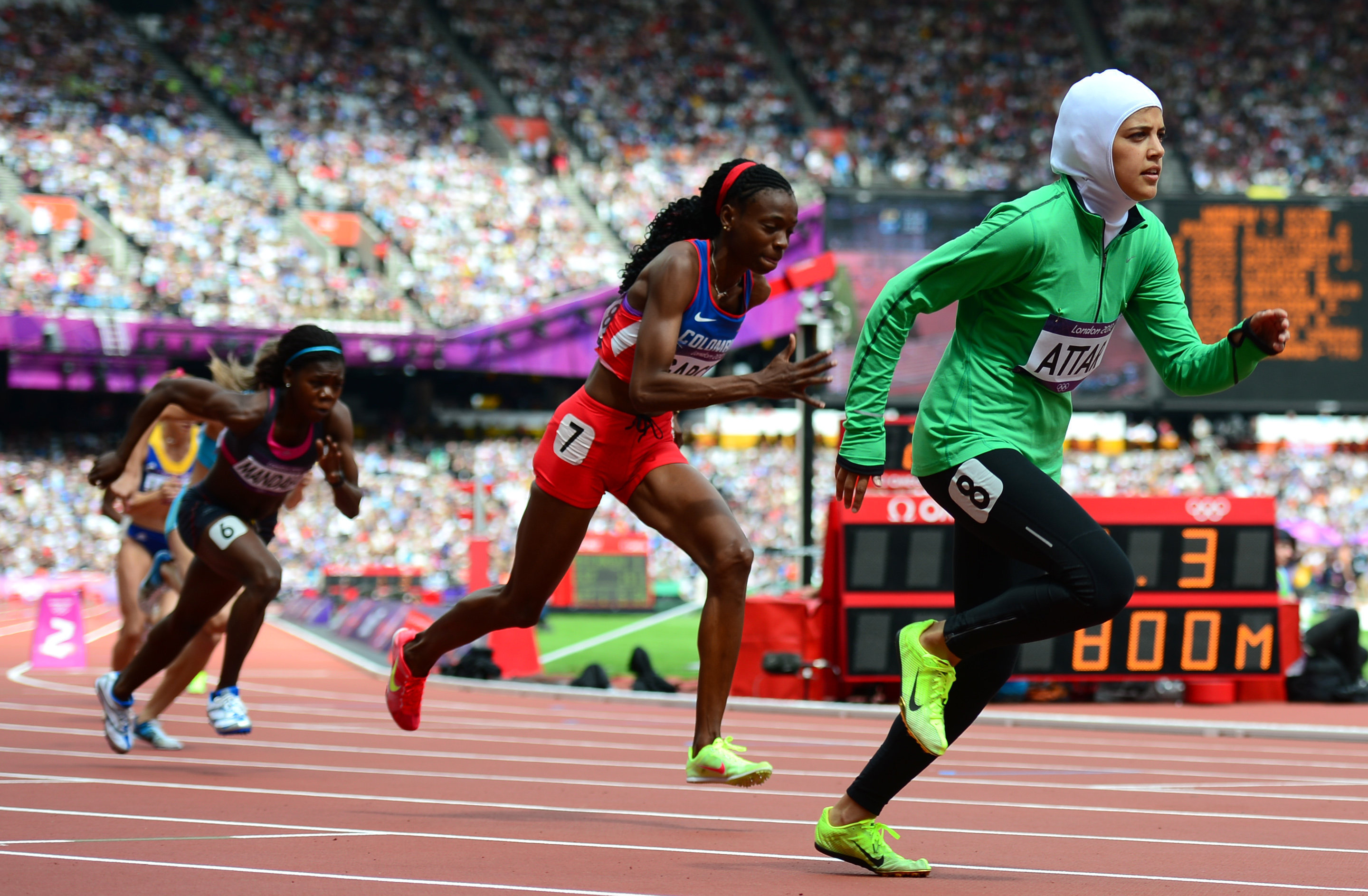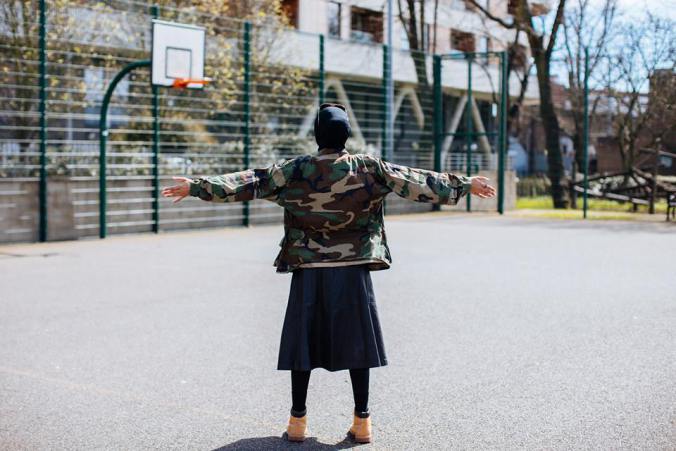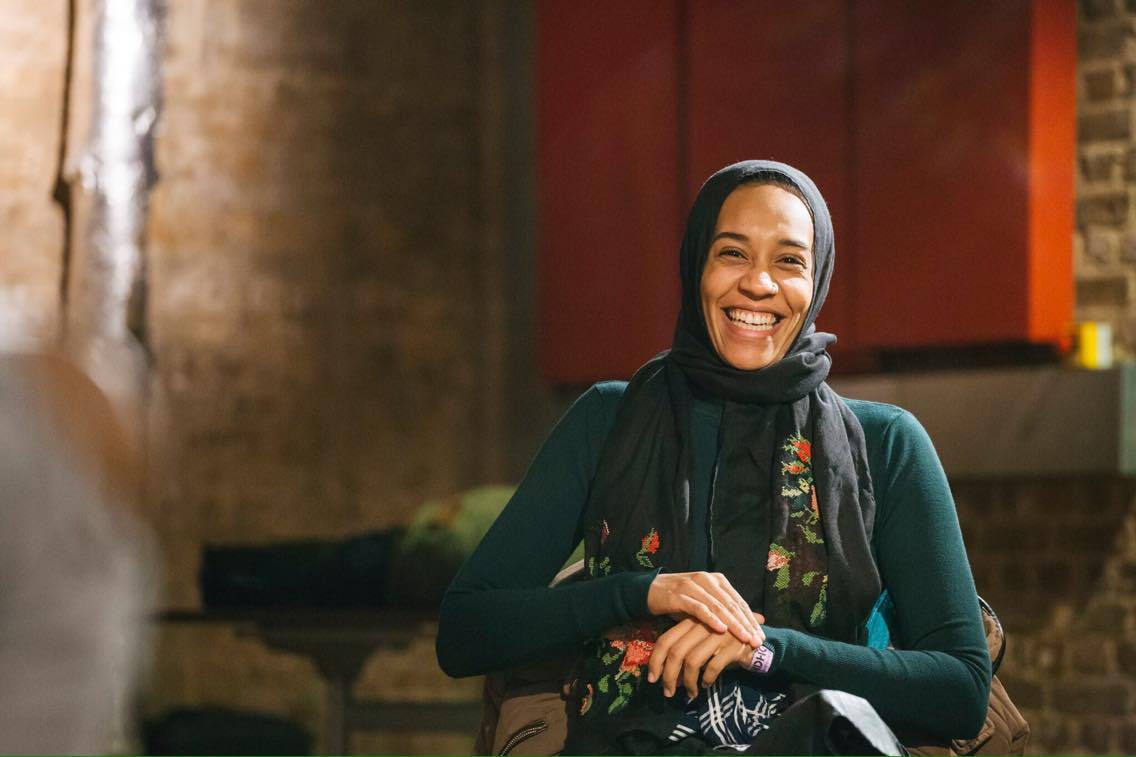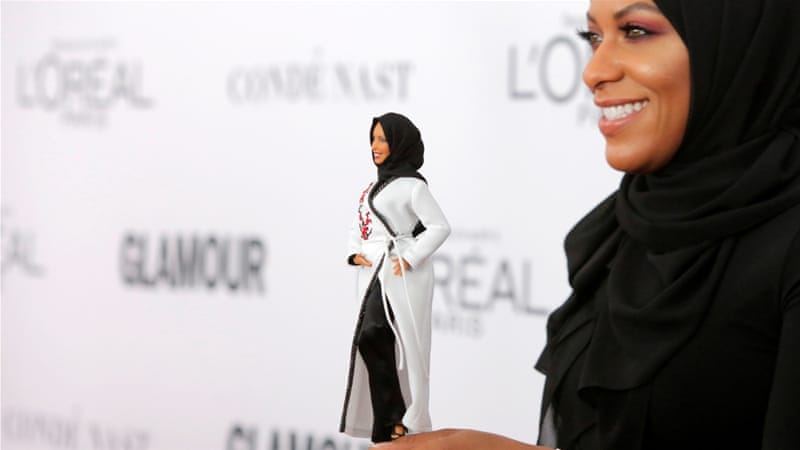Many of the most inspirational moments for Muslims in 2016 have played out in the sports arena, where the talent, leadership and camaraderie of Muslim athletes, both male and female, have broken through the Islamophobia that sadly seems ubiquitous nowadays. The names Dalilah Muhammad (track and field), Ibtihaj Muhammad (fencing), and Sarah Ahmed (weightlifting) are now known the world over. Yet despite the recognition and accolades Muslim female athletes have garnered in the past year, they continue to battle regulations that keep them from authentically practicing their faith while playing their sport.
altMuslimah’s Shazia Kamal Farook recently spoke with basketball player, coach and activist Asma Elbadawi on the hijab ban by the International Basketball Federation (FIBA).
Tell us about your career as a basketball player.
I have been involved in sports my whole life: netball, track and field, jujitsu. You name it, I’ve played it! I played in a college basketball team for two years and then in local league for four years. I love it.
Tell us about FIBA’s ban on headscarves.
FIBA is the governing body for international basketball (think of it as the equivalent of FIFA in football). More than ten years ago FIBA banned its athletes from wearing headgear, jewelry or hair accessories, allowing them to slip on only a 5-centimeter headband to tame hair and absorb sweat. The measure’s intent was to keep players safe and preserve uniformity in a team’s appearance. Well, religious headgear, such as headscarves and turbans, happen to fall under this ban. In 2014 FIBA concluded that wearing the hijab did not compromise players’ safety, but the organization did not pass a permanent ruling allowing us to don the hijab. That’s what I’m petitioning for—a permanent lift of FIBA’s ban on religious headgear.
Why is this campaign particularly important to you?
As Muslim women, we want to maintain our modesty and pursue our careers without having to compromise our faith. That is our right. We are asking for no more and no less than any other athlete. And the relevance of this campaign extends beyond the world of sports; I firmly believe that Muslims must be visible in all areas of society so we can show those who might feel threated by us that we are normal people with goals, talents and struggles. What better place to do this than on a basketball court? When Muslim women who wear hijab and play basketball are made invisible, it keeps us, the larger Muslim community, from integrating into society.
In this movement towards lifting the ban on headgear, what allies have come forward?
There are 18 female basketball players around the world involved in the #FIBAAllowHijab Campaigns. Some, like Bilqis Abdul-Qaadir, played college ball in the United States, while others played professionally in Europe, but all these women were forced to give up basketball when they donned the hijab. We also have allies in the Sikh community who want precisely what we want–to not be coerced into choosing between our faith and our passion for basketball. We all wish to offer positive, religious role models to young people.
On a related note, what are your thoughts on gender dynamics in the Olympics?
The first time I saw a Muslim athlete wear a hijab and compete on an international level was at the 2012 Olympics. It was a thrill! In 2016, many more emerged and took home medals, so we are moving in the right direction. I am hopeful that in the 2020 Tokyo Olympics, we will see women in hijab and men in turbans playing great basketball.

Saudi Arabia’s Sarah al-Attar competing in the women’s 800m heats at the athletics event of the London 2012 Olympic Games
I even saw female athletes in the 2016 Olympics opening discussing how menstruation, a totally taboo topic, compounds a women’s stress during competition. All this suggests that female athletes—their unique challenges and perspectives—are slowly but surely taking their well-deserved place alongside male athletes. I hope that this will increase investment in women’s sports worldwide and boost turnout for women’s games, because right now there is a dramatic difference between how many fans pay attention to and cheer on male athletes versus female.
I understand you are British, but originally from Sudan. What are the reactions from people in both countries?
The majority of the Sudanese community is proud of my involvement in this campaign. I have received dozens of requests to do interviews, events and talks with young girls in Sudan in order to promote women in sports. Sports in Sudan, like in so many parts of the world, continues to be dominated by men and there are more traditional segments of society that do not approve of women “jumping around” as they would put it! The Muslim and non-Muslim communities in England have also supported my activism. Sure, there is criticism, but on the whole the positive response has outweighed the negative by a long stretch.
Shazia Kamal Farook is an editor at altMuslimah. You can find the link to the FIBA campaign here, chn.ge/29N94St . You can connect with @asmaelbadawi on Twitter.






